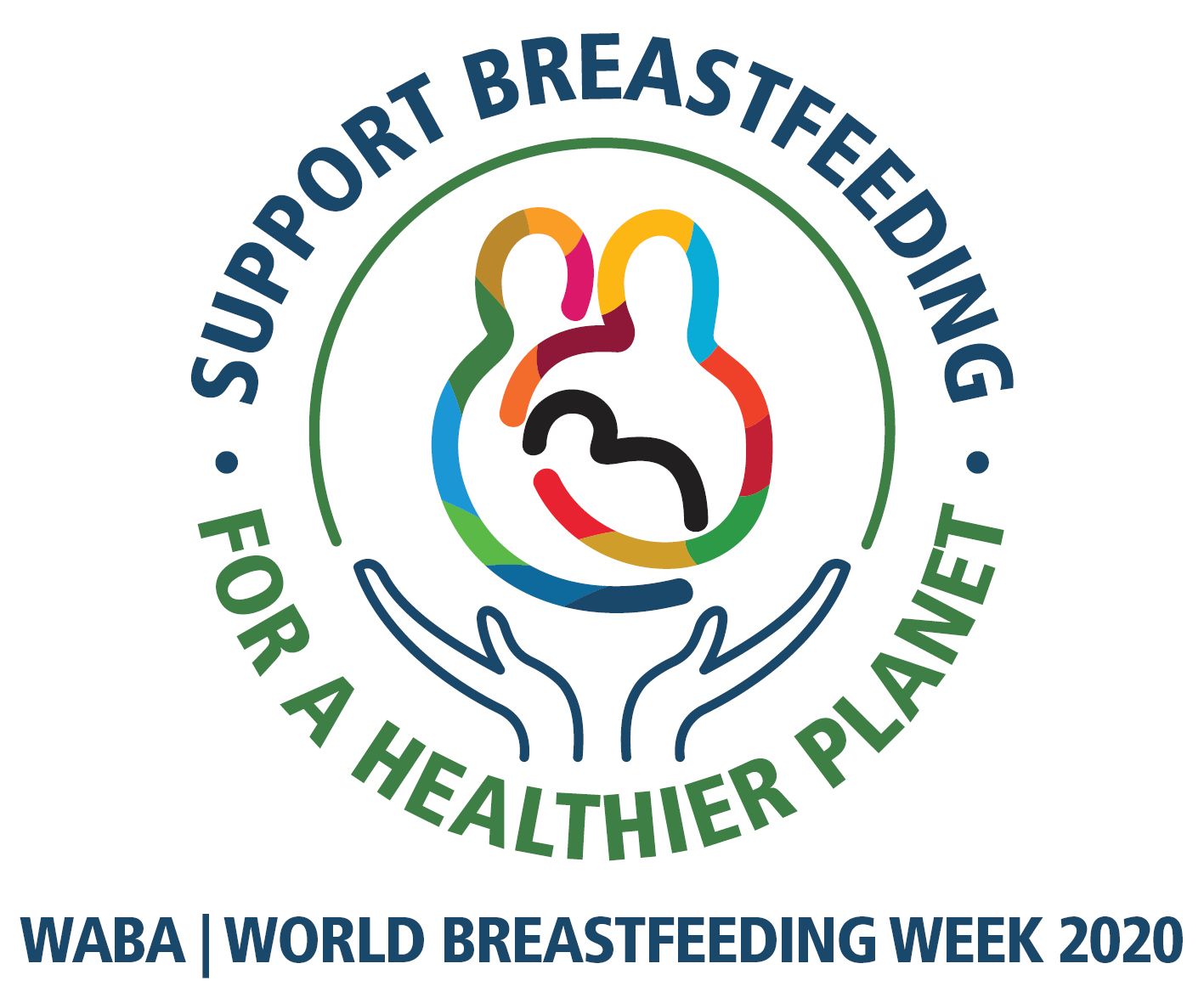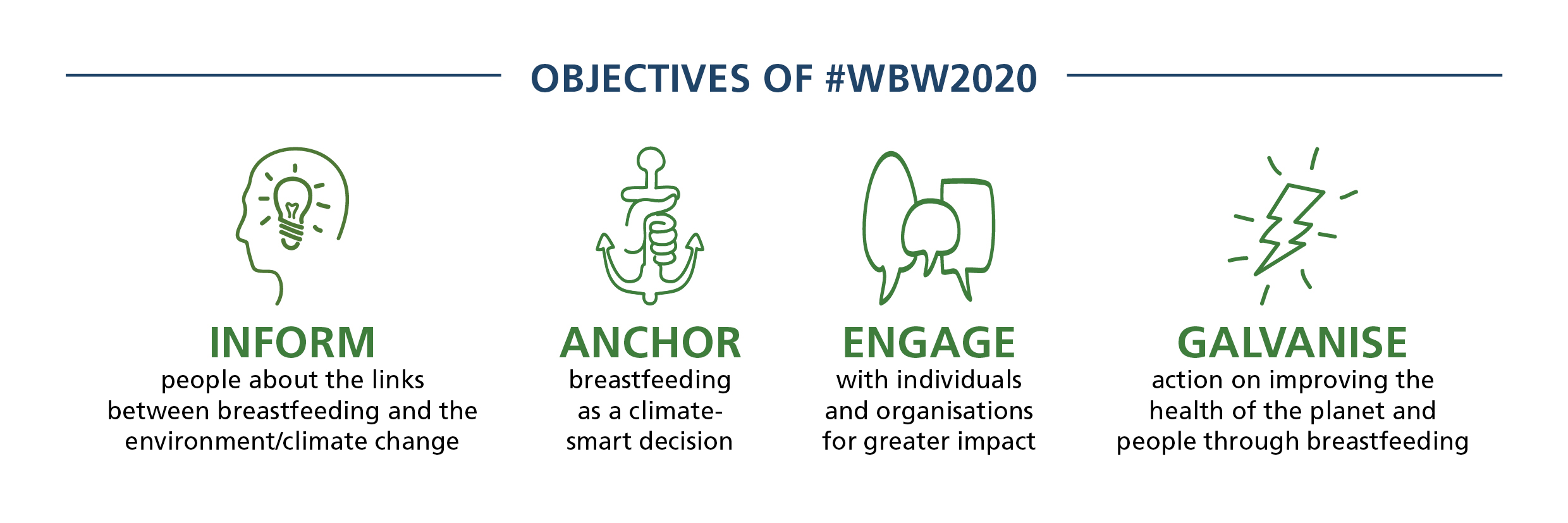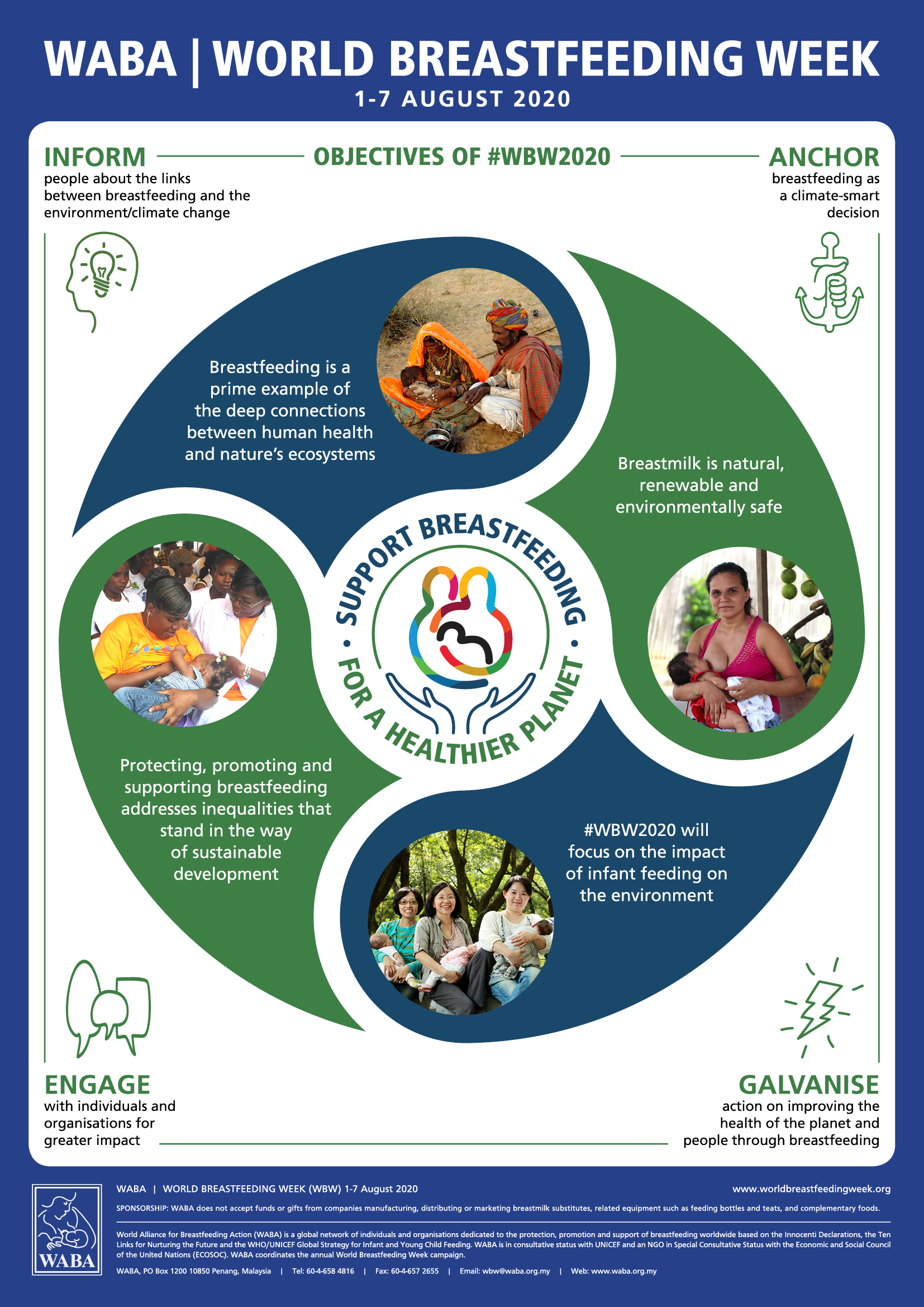Mid-Morning Magic
#FamilyFocus: World Breastfeeding Week - Support breastfeeding for a healthier planet─── 08:53 Mon, 03 Aug 2020

We launch World Breastfeeding Week by chatting to Dr Chantell Witten about this year's global theme and South Africa's interpretation thereof.
Dr Chantell Witten is currently based at the University of the Free State, Faculty of Health Sciences in the division for Health Professions Education. She is a dietitian by profession and training focusing specifically on infant and young child nutrition.
She completed her PHD at the North West University. Dr Witten is also the Nutrition Lead at SACSOWACH.
Join me as we launch World Breastfeeding Week 2020 and she shares an introduction to this year's theme and talks about breastfeeding support in the workplace.

For any resources visit:
https://waba.org.my/wbw/ (The World Alliance for Breastfeeding Action)
https://sidebyside.co.za/
https://www.sacsowach.org/
https://www.adsa.org.za/
2020 Theme: “SUPPORT BREASTFEEDING FOR A HEALTHIER SOUTH AFRICA” (Adapted from The World Alliance for Breastfeeding Action (WABA) World Breastfeeding Week 2020 theme “Support Breastfeeding for a Healthier Planet”)

“Breast milk is a living food... it protects against many infections that include COVID-19, other viruses and harmful bacteria” Background: The World Health Organization (WHO) and the United Nations Children’s Fund(UNICEF) recommend that breastfeeding be initiated within the first hour after birth, continued exclusively for the first 6 months of life with safe and adequate complementary foods at 6 months, and continued up to 2 years or beyond. Decreased or lack of breastfeeding can seriously contribute to poor health, development and survival of infants, children and mothers. Improving breastfeeding practices could save over 820 000 lives a year globally. Nearly half of diarrhea episodes and one third of respiratory infections are due to lack of breastfeeding. Based on the latest South African Demographic Health Survey (SADHS 2016), South Africa is behind with meeting the target to improve exclusive breastfeeding rate with only 32% of children under 6 months breastfed exclusively. The global target for exclusive breastfeeding is 50% by 2025. Breastfeeding provides antibodies and other components that protect children against most common childhood illnesses. This life saving protection is especially important during crises,where access to clean water and sanitation are not available. This is of particular relevance to 41% of the SA population that does access piped water or flush toilets. Where there is no water women and children become vulnerable and exposed to diarrhea and other diseases. In these situations, breastfeeding guarantees a safe, nutritious and accessible food source for infants and young children and a protective shield against diseases and death. Breastfeeding mothers also need to be supported to maintain their breastfeeding relationship.

Supporting messages:
• Breast milk is always at the right temperature, requires no preparation and is readily available.
• Breastfeeding makes the baby strong against Illnesses:
- Breastfed babies are less likely to have infections in their lungs (respiratory) or inside their ears (middle-ear infections) than babies who are fed infant formula and other foods (especially during the first 6 months of life).
- Breast milk contains special properties that keep the gut lining healthy and help reduce the chance of infections such as diarrhea.
- Mother and child pairs who continue to breastfeed from 6-23 months or beyond continue to receive the protection and benefit of breastfeeding throughout this period when the child is introduced to solid foods.
• Non breastfed infants younger than 6 months have 3.5 (boys) x & 4.1 (girls) x increase risk for death.
• WHO recommends that mothers confirmed or suspected to have COVID - 19 should protect their babies’ health by wearing a mask, washing their hands, wiping surfaces AND BREASTFEEDING their babies.
- Research evidence thus far has shown that corona virus has not been transmitted through breast milk or by giving breast milk that has been expressed from a mother who is confirmed/suspected to have COVID-19.
- The protective benefits of breastfeeding are particularly strong against infectious diseases. These illnesses are prevented through both direct transfer of antibodies and other anti-infective factors facilitated through breastfeeding.
• Breastfeeding at the beginning of the life cycle supports the healthy development of babies, contributes to the prevention of stunting in children and thus the growth of healthy adolescents and adults for a healthy South Africa.- Adults who were breastfed as babies may have a lower risk of Obesity,Diabetes and Heart Disease (These diseases have been shown to be a risk for COVID-19 death)
• Mothers who are HIV positive should continue breastfeeding their babies up to 2 years or beyond while they continue taking their anti retroviral medication.
DISCLAIMER: This content is not intended to be a substitute for professional medical advice, diagnosis or treatment. Always seek the advice of your physician or other qualified health provider with any questions you may have regarding a medical condition.
#FamilyFocus: World Breastfeeding Week - Support breastfeeding for a healthier planet:














